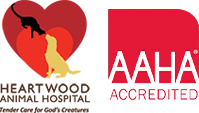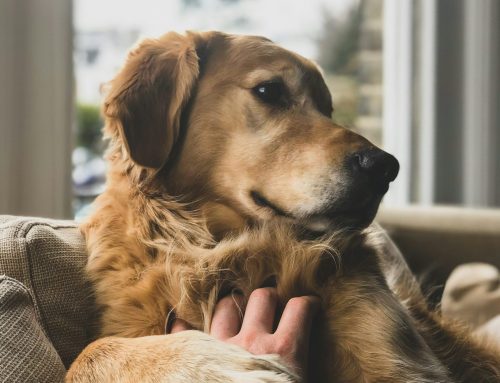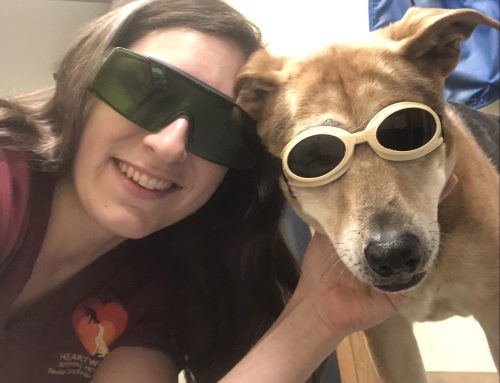As pet owners, we want nothing more than to keep our furry friends healthy and safe. However, there are everyday foods found in our homes that can pose serious health risks to dogs. At Heartwood Animal Hospital in Youngsville, NC, we’re dedicated to educating pet owners on potential hazards, including toxic foods that should be kept well out of reach of our canine companions.
Chocolate: Not a Treat for Dogs
One of the most widely recognized toxic foods for dogs is chocolate. Chocolate contains substances called methylxanthines, such as theobromine and caffeine, which can cause vomiting, diarrhea, rapid breathing, increased heart rate, seizures, and even death in severe cases. The darker and more concentrated the chocolate, the greater the danger to your dog.
Grapes and Raisins: A Surprising Danger
 While grapes and raisins may seem harmless, they can actually cause kidney failure in dogs. Even small amounts can be toxic, leading to symptoms like vomiting, diarrhea, lethargy, and decreased urine production. The exact toxin in grapes and raisins that affects dogs is not yet known, so it’s best to avoid these entirely.
While grapes and raisins may seem harmless, they can actually cause kidney failure in dogs. Even small amounts can be toxic, leading to symptoms like vomiting, diarrhea, lethargy, and decreased urine production. The exact toxin in grapes and raisins that affects dogs is not yet known, so it’s best to avoid these entirely.
Onions and Garlic: More Than Just Seasonings
Onions, garlic, and related foods (such as shallots and chives) contain compounds that can damage red blood cells in dogs, leading to a condition called hemolytic anemia. Symptoms may include weakness, vomiting, breathlessness, and dark-colored urine. These ingredients are often found in savory dishes, so be cautious when sharing table scraps with your dog.
Xylitol: Sweetener, Sour Consequences
Xylitol is a sugar substitute found in many sugar-free gums, candies, baked goods, and even some peanut butter brands. It can cause a sudden and severe drop in blood sugar levels (hypoglycemia) in dogs, leading to seizures, liver failure, and potentially death. Always check product labels and avoid giving your dog any foods containing xylitol.
Avocado: Guacamole Is Not for Dogs
Avocados contain a substance called persin, which is toxic to dogs in large amounts. While the flesh of an avocado may not be as dangerous, the pit, skin, and leaves contain higher concentrations of persin and can cause gastrointestinal upset, breathing difficulties, and fluid accumulation in the chest in dogs.
Alcohol: No Cheers for Dogs
Alcohol and foods containing alcohol (like certain desserts or unbaked bread dough) should never be given to dogs. Even small amounts can cause intoxication, leading to vomiting, diarrhea, difficulty breathing, tremors, coma, and even death. Keep alcoholic beverages and foods containing alcohol securely out of your dog’s reach.
Keeping Your Dog Safe
Preventing accidental ingestion of toxic foods is key to keeping your dog safe and healthy. Always store human foods securely out of your dog’s reach and educate family members and guests about the dangers of feeding table scraps to pets. If you suspect your dog has ingested something toxic, contact Heartwood Animal Hospital immediately for guidance.
Trust Heartwood Animal Hospital for Your Pet’s Care
At Heartwood Animal Hospital, we’re here to support you and your pet with compassionate care and expert advice. If you have any concerns about your dog’s health or dietary needs, don’t hesitate to reach out to our experienced veterinary team. Together, we can ensure your dog stays happy and healthy for years to come.
—
Contact Heartwood Animal Hospital:
Address: 3091 Mays Crossroad Road, Youngsville, NC
Phone: 919-570-9311
Website: heartwoodanimalhospital.com
*Blog post by Heartwood Animal Hospital, Youngsville, NC. Date: July 9, 2024.*






Leave A Comment